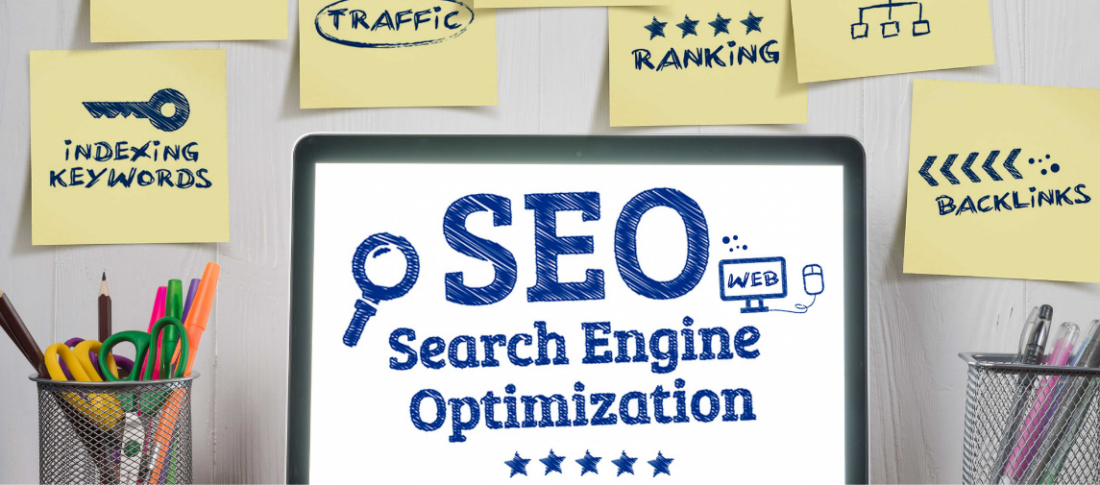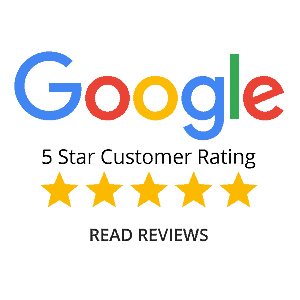We first met Marcus on the school run when we lived on the same road and now we don’t go anywhere else for our SEO advice, for ourselves and our clients, so we were delighted when Marcus offered to give us ‘5 Minutes’ of his time.
SEO in itself is a tricky beast so it is so important that you find someone you can trust and someone that has your best interests at heart. Marcus takes us through the intricacies of SEO (as much as you can in 5 minutes!), dispels common SEO myths and gives you some top small business SEO tips to build the best foundations.
So, grab yourself a cuppa and have a 5 minute masterclass in SEO with Marcus…
Thanks so much Marcus. It’s always great to see you so thank you for this. Obviously we know each other, but do you want to start off by introducing yourself?

Yeh, no problem. My name is Marcus Miller and I am an SEO and Google Ads PPC strategist at Bowler Hat. I have worked in the SEO and Digital Marketing industry for about 22 years now (which is terrifying).
Time really does fly doesn’t it? How did you end up getting into SEO?
I did a BSc Computer Science degree in the late 90s and focused on web & software development. I finished that around 1999 and then ended up working for a small (now large) e-commerce company building their websites, systems and order processing systems.
After a while, when the development was done the question soon became “how do we get more traffic?”. At that point, I fell down the SEO and digital marketing rabbit hole and I am still here today.
I think it really does feel like a rabbit warren to someone who has limited/no knowledge! What would you say are the main reasons clients come to you at Bowler Hat?
Pretty much most people come to us to market their business on a search engine, typically Google. and sometimes they come to better understand the various marketing tactics out there and what to focus on.
When people come to us I like to cover 6 essential pieces of information:
- Situation – where are you now?
- Objectives – where do you want to be?
- Strategy – why should people care?
- Tactics – how will you advertise?
- Action Plan – who will do what and when?
- Controls – how do we measure success?
This is basically using the SOSTAC Methodology as a starting point to help define the situation, objectives and marketing plan then we can advise and create the most appropriate small business SEO plan.
Does anyone really understand SEO or do you find yourself having to dispel common SEO myths before you actually start?
That said, you really want to have a value-orientated mindset or philosophy for SEO that is built around what Google wants – which is to be the best answer for any given question.
The specifics of how you do that vary by many, many variables but if you start with the right mindset the battle is half won. This is often one of the most crucial elements, especially for small business SEO.
If people want to learn a bit more this I talk about that a bit more in my blog ‘A Philosophy for SEO‘.
What would you say are the common misconceptions of SEO?
SEO is hard work, like every other marketing tactic. It can scale well in the right situation but it is rarely easy or free (as time is money).
I can see that. We’ve had lots of meetings together with our clients wanting to ‘do SEO’ but we always feel that they can get put off by the costs. We try to explain it to our clients that a website is great but if you don’t signpost where it is, you won’t always get traffic and SEO provides the direction. How do explain the benefits of SEO?
Yeah, this can be tricky. The problem here is that SEO can be slow to deliver results. SEO is the digital marketing long game. Not always, there are often some easy wins, but, where someone needs fast results, then there are often better tactics, such as Google Ads PPC that will deliver faster results. That said, you ignore SEO at your peril and by not working on your search engine visibility you are just handing business to your competitors.
- Visibility – ranking highly gets you considered by customers
- Credibility – ranking highly is a sign of trust
- Business – ranking highly should get your more business
It also gets you thinking about what Google wants which is to return the best result, this gets you working on making sure your site is the best and deserves to rank.
And do you think this applies the same to small business SEO where the budget might be more of an issue?
SEO is important for all businesses, in particular small businesses.
Often, for a smaller business, particularly local businesses, you don’t need so much work, so SEO can often be the only tactic you need to keep work coming in.
We have a fairly comprehensive set of small business SEO tips on our site that can be tackled one at a time and will radically improve results without any spend!
I know a lot of people are quite distrustful of Google Ads – how do you respond to this?
So what gives? Either Google Ads is the most successful scam or all time or something else is happening here.
- Smart Campaigns – Google’s system to set up simple ads is fairly hopeless and often does not deliver the goods
- Inexperience – Google Ads is a complex system and without the right strategy and implementation getting results can be tough
- PPC is not an island – Google Ads requires a solid business model, fair pricing, smart keyword usage, good ad copy, strong landing pages and some analytics smarts to work well (and this is rarely put in place).
Obviously, there are a lot of moving parts, but you can see our we have an overview of the four key success factors you need to consider to run Google Ads our website
- what is a new customer worth to us?
- what is the lifetime value of that customer?
- what are we willing to pay to acquire a new customer?
- what part does PPC Google Ads play in that process?
- Zero in on ideal customers.
- Have a niche or USP
- You need a smart PPC strategy.
- You need convincing sales copy on your website.
- Your pricing needs to be right.
- Your reputation has to be solid.
Thank you Marcus, that’s all so useful. Lots to think about. I will add all the links you’ve mentioned at the end of our blog as well.
So to finish off, what would be your top 3 SEO tips, especially for smaller businesses that want to promote themselves but are having trouble getting over the investment side?
If your clients and followers want to go a little further we have a set of really basic beginners SEO tips that cover all the SEO basics and that anyone should be able to follow again on our website.
Thanks so much Marcus. That’s all such useful information and why we highly recommend the Bowler Hat service, specially for small business SEO.
Thanks, we do try to make digital marketing accessible to all and digital marketing that adds value. This is really important to us.
I know those that work with you, really appreciate it. So just one more thing to do, your ‘this or that’!! Here goes:
- Chocolate or crisps? – crisps
- Wine or beer? – beer then wine ;o)
- Walking or cycling? hiking and mountain biking (so sort of both)
- Dogs or cats? dogs
- Tea or Coffee? coffee
- Summer or Winter? both
- Red sauce or Brown? brown
- Emailer or brochure? emailer
- Driving holidays or flying? driving
- Active holidays or beach holidays? active
- Cosy nights in or wild nights out? cosy
- City or countryside? countryside
- Passenger or Driver? driver
- Soaps or Box sets? box sets



